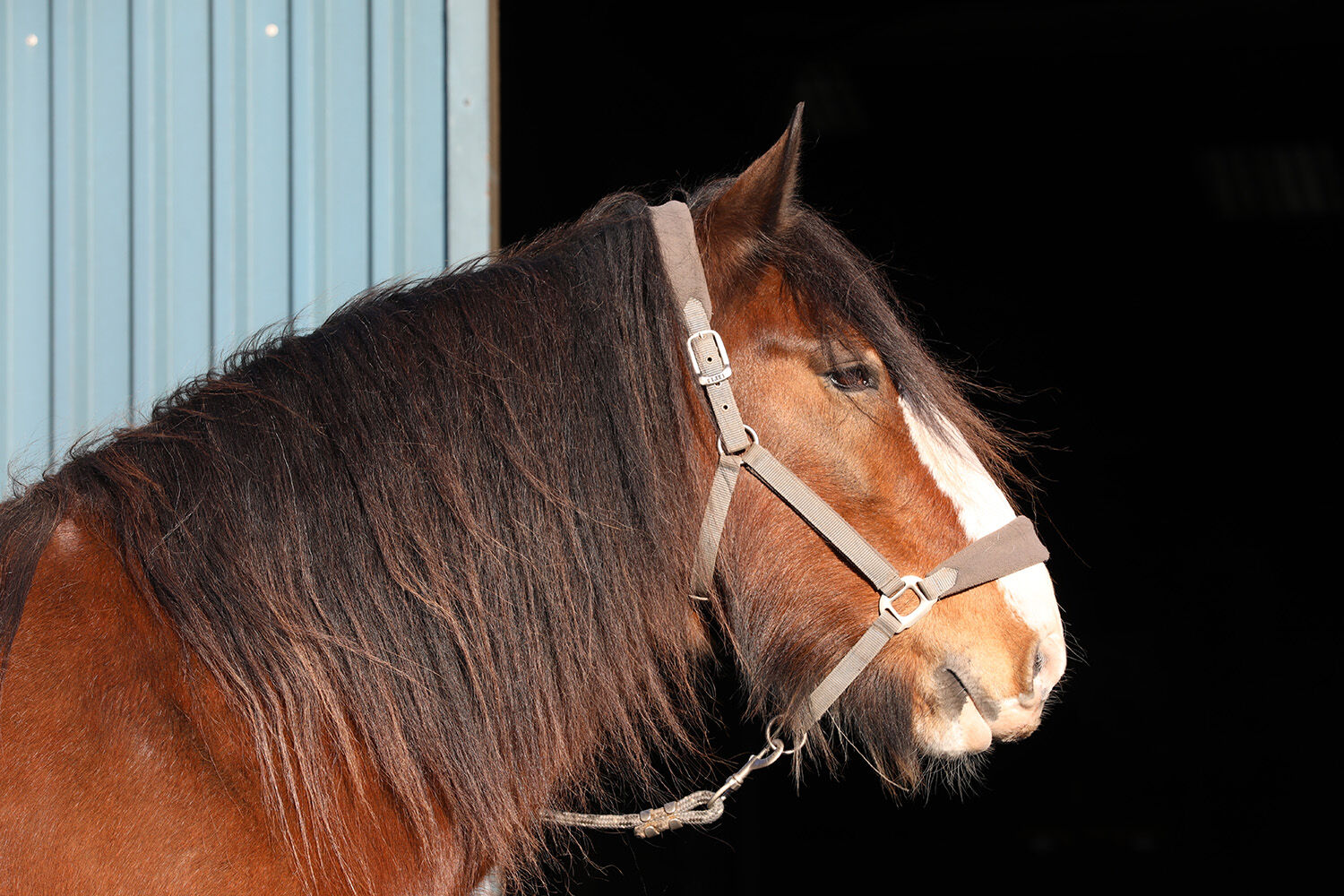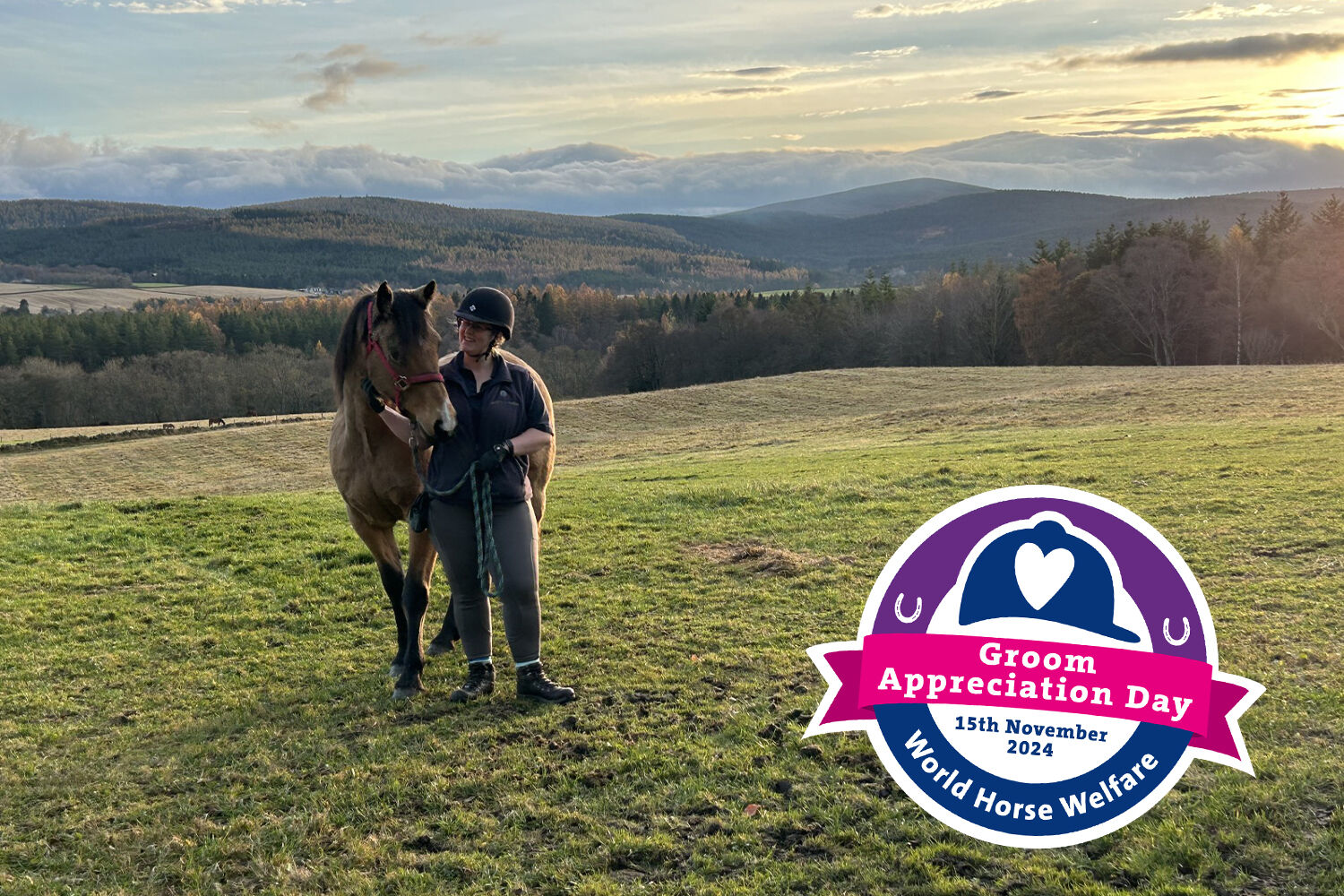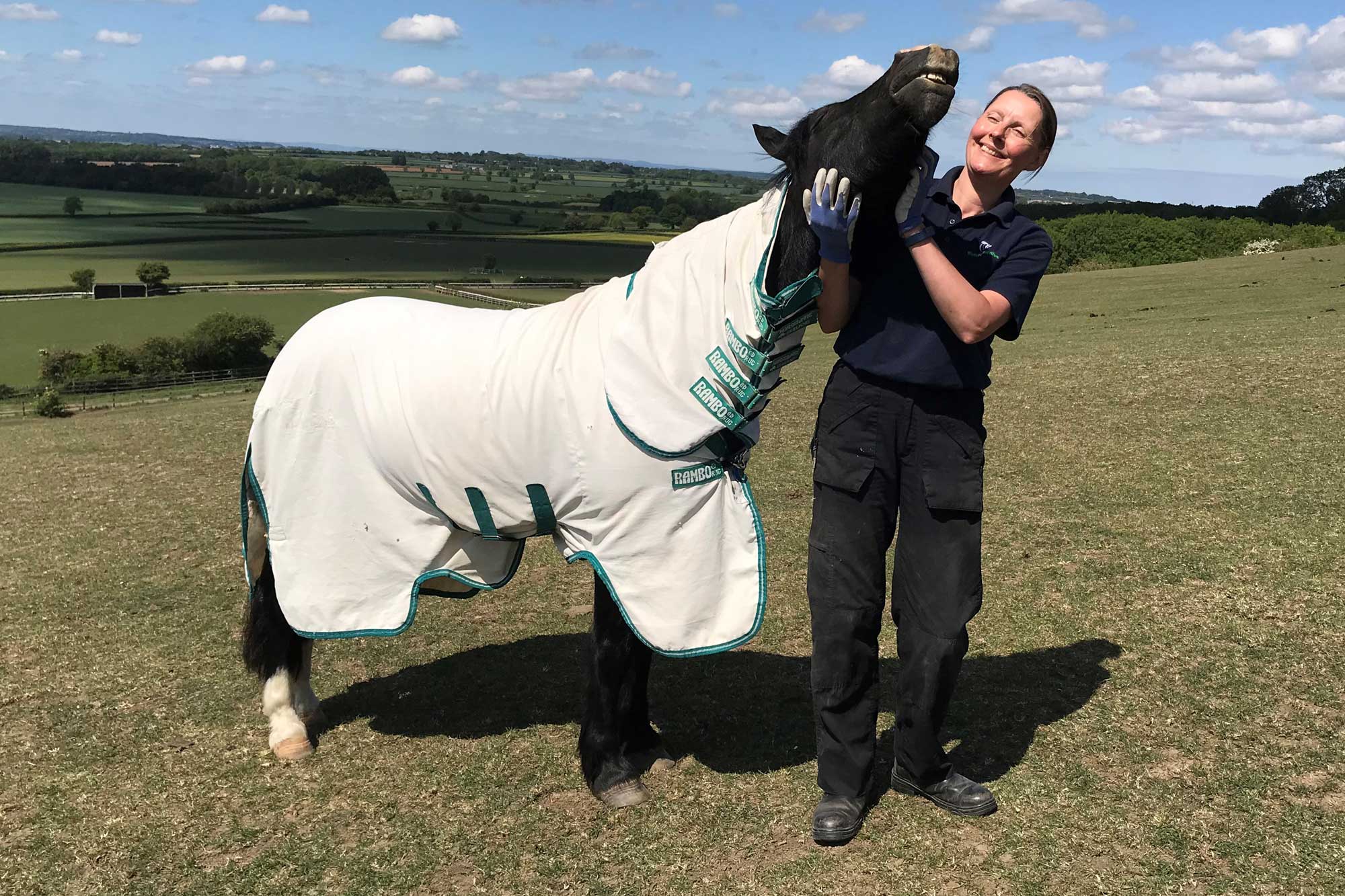World Horse Welfare’s response to UK Government’s animal transport proposals
World Horse Welfare welcomes Wednesday’s announcement (18th August) by the UK and Welsh Governments on proposals to improve welfare during transport for equines in England and Wales
Posted on 20/08/2021

World Horse Welfare welcomes Wednesday’s announcement (18th August) by the UK and Welsh Governments on proposals to improve welfare during transport for equines in England and Wales following a welfare during transport consultation earlier this year, which the charity responded to. Alongside a ban on live export to slaughter, which is already included in legislation being considered by the UK Parliament, these proposals would introduce a maximum journey time of 12-hours for all horses transported commercially replacing the current maximum journey length of 24-hours for slaughter and unregistered horses and introducing a journey time limit for registered horses.
Roly Owers, Chief Executive of World Horse Welfare said:
“These proposals mark a very significant and positive step toward improving the welfare of equines when being transported and we look forward to working with Defra, the Welsh Government and the equestrian sector to ensure these proposals both protect equines during what is often a stressful and exhausting experience and are practical for horse owners and transporters to comply with.
“Unlike other large animals, horses travel frequently and widely for many reasons such as breeding, leisure, racing and other sports. We are concerned that many of these proposals seem to have been driven by improving the welfare of animals travelling for fattening and to slaughter which in many cases are not realistic and could have serious implications for sport and the leisure sector without bringing any clear welfare benefits. We believe that there is a strong case to introduce a 9-hour rest period for equines following a 12-hour journey, other than those transported to slaughter, to allow them to continue their journey to their final destination or return from competition.
“We are pleased that the consultation response commits to further discussion and recognises the need for a holistic approach to transport, ensuring the welfare of the horse is protected before, during and after transport. This aligns with the approach taken in the Scottish consultation, which was much wider in scope than the English and Welsh, and we hope that whatever regime comes in will be applied consistently across Great Britain. An integrated approach is vital for driving behaviour change and encouraging compliance, as we have seen time and time again that complex and differing legislation can be confusing and challenging to comply with.
“To make any of these proposals workable and enforceable we will again emphasise the fundamental need for a straightforward, reliable and robust fully digital method of identification and traceability for all horses.”
World Horse Welfare supports halving the current maximum journey length to 12 hours and introducing a journey time for registered horses, however, the journey time must be re-set after a 9-hour rest period for all horses, other than slaughter. The charity is also calling for short mandatory rest stops to be included in any new law to ensure horses are fed, watered and checked on during the 12-hour journey.
Topics
Related News

How is coronavirus impacting World Horse Welfare’s work in the UK?
Find out how the current situation in the UK is affecting our work helping horses in light of the latest Government advice on coronavirus.
Recommended Blog Posts

We catch up with gentle giant Seamus in his new home
Rehomer Nikky tells us what life is like with Clydesdale Seamus and how he is settling in with his new companion Puddin.

Meet some of our often-unsung heroes on Groom Appreciation Day – Abi at Belwade Farm
“All of us love the horses we care for and when things go wrong, we really feel it, as this isn't just a job for us. If we didn't love them all, we wouldn't be working here to try and make a difference.”

Sweet itch: what is it and how do we manage our ponies who have it?
Glenda Spooner Farm Rescue and Rehoming Centre Assistant Centre Manager Sara Jerman explains more.
Enjoy reading stories like this?
Join over 55,000 other horse lovers and sign up for our email newsletter

Join over 55,000 other horse lovers and sign up for our email newsletter
Sign me up now
